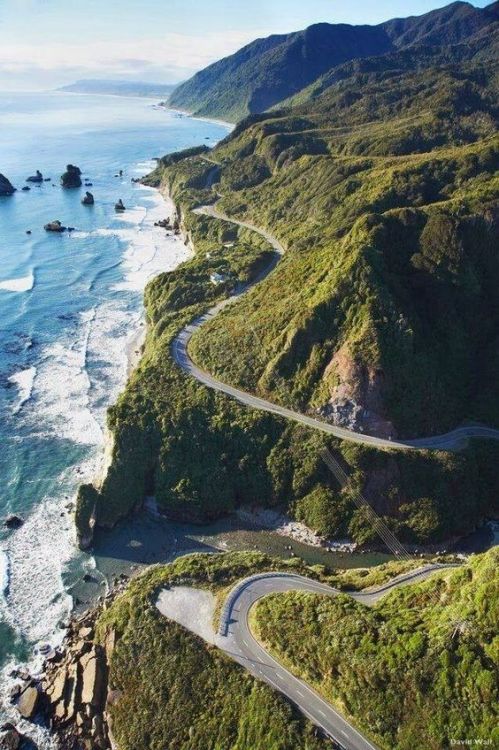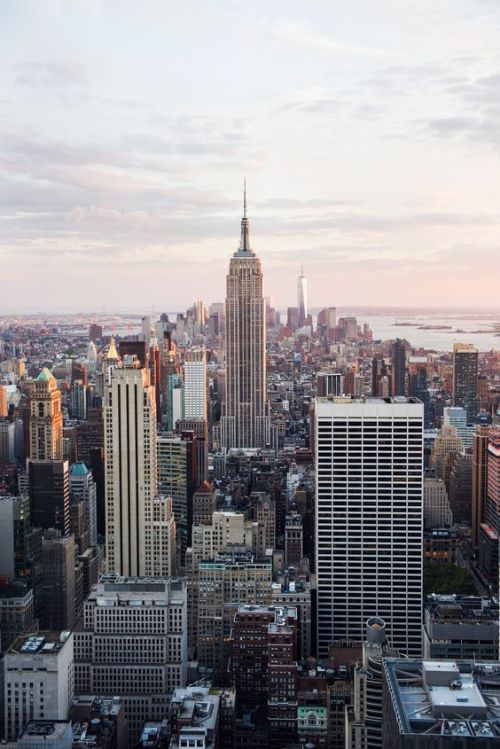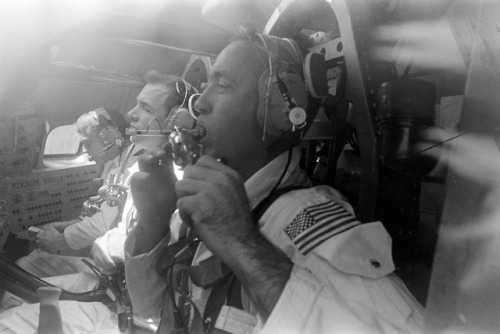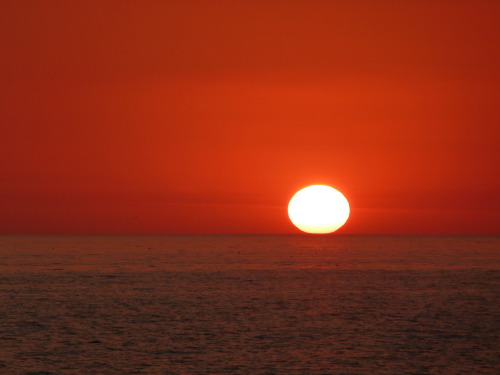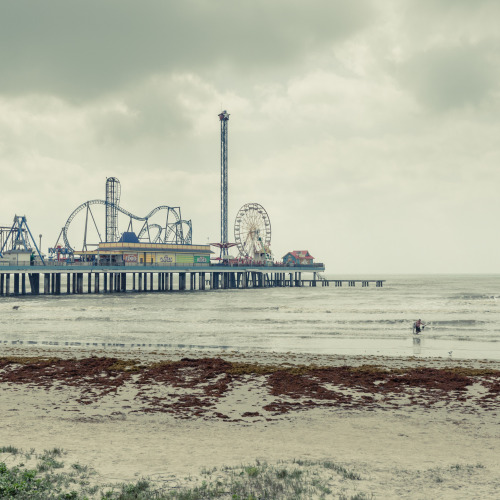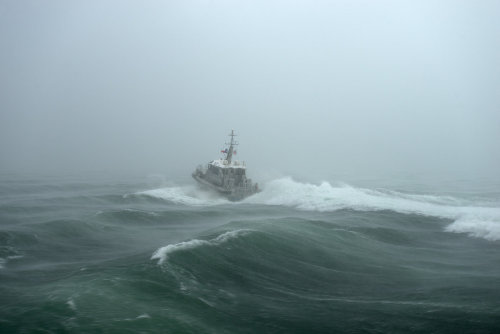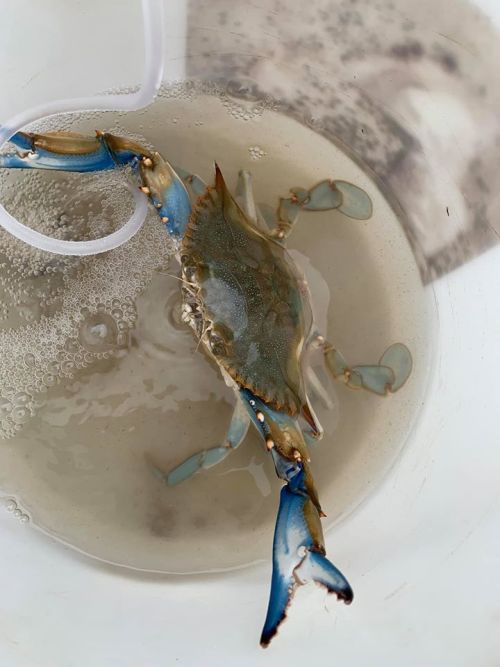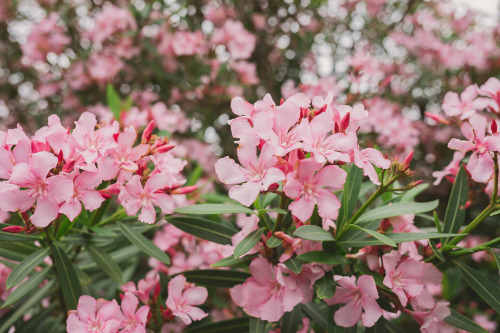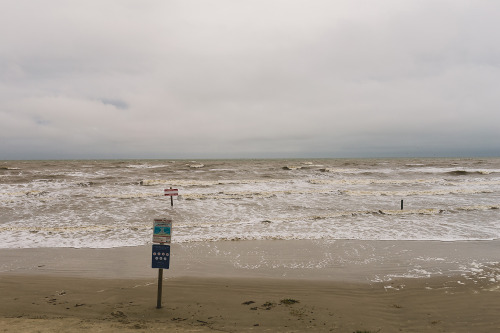#gulf of mexico

NOAA and partners today announced the discovery of the wreck of a 207-year-old whaling ship, called Industry, found on the bottom of the Gulf of Mexico. The remains of the 64-foot long, two-masted wooden brig opens a window into a little known chapter of American history when descendants of African enslaved people and Native Americans served as essential crew in one of the nation’s oldest industries.
“Black and Native American history is American history, and this critical discovery serves as an important reminder of the vast contributions Black and Native Americans have made to our country,” said U.S. Deputy Secretary of Commerce Don Graves. “This 19th century whaling ship will help us learn about the lives of the Black and Native American mariners and their communities, as well as the immense challenges they faced on land and at sea.” Read more.
A collection of early Kodak snapshots of western Florida taken by amateur photographer Joseph John Kirkbride in 1889 and 1890.
Source: Library of Congress.
[ID:
The video starts off with a picture of “The Eye of Fire”, or where a fire opened up on the surface of the Gulf of Mexico.
There’s white text above it stating “the Gulf of Mexico is on fire because of a pipeline rupture wtf” with four question marks.
The video switches to a person.
“So we have to talk about Line 3, again. Line 3 is being illegally built through sovereign Indigenous territory.”
Behind them shows a map of said territory.
“Not only this but it (Line 3) has the possibility to pollute over 200 bodies of fresh water and will put out the same amount of emissions as 50 coal plants”
The screenshot at the back says: “It’s the spills — which always happen with pipelines. It’s the disruption itself of just the pipeline going into 800 wetlands, 200 bodies of water. Then there’s the climate change piece, emissions of this 50 coal plants, absolutely insanity,” a quote from attorney Tara Houska of Couchiching First Nation who is the founder of the advocacy organization Giniw Collective. This came from a interview with CNN in March.
“This violates Indigenous treaty,” the person says as another screenshot pops up.
It says, as a quote from Aubid, one of many Indigenous climate activists: “The Line 3 extension would also cross through the Leech Lake and Fond Du Lac reservations — land where, according to the terms of a 1855 treaty, Ojibwe tribes have the right to gather, hunt, and fish. For this reason, Anishinaabe activists say the pipeline violates the terms of the treaty.”
The article from MSN News continues: “What is spelled out in the treaty — the pipeline could pollute food sources, water sources, everything spelled out in the treaty what we as Anishinaabe people can do — hunt, fish, gather food, medicine. Line 3 goes against what we do spiritually as people,”
A picture of Indigenous activists with a couple of signs, one says “Honor our treaties, #StopLine3”.
“Currently Indigenous water protectors are being arrested,”
“We don’t have time to argue. The ocean is on fire. Entire towns are burning to the ground because of the climate crisis. Building another pipeline right now, especially when it’s going to bring more violence to Indigenous communities is only going to hurdle us faster towards climate disaster.”
A tweet that originally shows the same picture in the beginning from a verified account (Brian Kahn) that says “The Gulf of Mexico is literally on fire because of a pipeline rupture”, continues with another verified account (Dallas Goldtooth) retweeting it, “THIS IS WHY @.POTUS MUST STOP Line 3 — Shut down DAPL and end all climate-destroying fossil fuel projects”.
“If you don’t want this happening, in some of the only lakes in the country that provide us freshwater, during one of the biggest heatwaves of the century, then fight with Indigenous people against this pipeline. Against Line 3. Go to the site linked and sign the petition. Educate yourself. Tell others.”
The petition they were talking about is here: StopLine3
END]
Gulf sun star / CAS-IZ 67966
Scientific name: Heliaster kubiniji
Locality: MEXICO: Gulf of California
Collection date: Mar or Apr 1940
Collector: E.F. Ricketts
Department:Invertebrate Zoology & Geology, image © California Academy of Sciences
Post link
Once again, Houston got a really close call.
It is well known at this point that if a Category 4+ hurricane were to hit Houston head on, the results would be absolutely devastating. The buildings are not built to resist hurricane winds at all. The city is prone to freshwater flooding from rainfall. And worst of all, refineries, stores of toxic substances, and petrochemical plants lie along Galveston Bay and the Houston Ship Channel, unguarded against high storm surges. Some have argued if a direct hit were to happen, the resulting release of poison would rival Chernobyl.
Clearly something must be done to prepare for this. But people have limits, and in a new era where rapidly intensifying hurricanes will be more frequent than before, will Houston remain relevant? Will any part of the Gulf Coast remain a desirable place to live in a world of frequent floods, hotter summers, and stronger storms?
I don’t have the answer to these questions.
Storms have been used as a metaphor for the will of the divine since time immemorial. The word hurricane itself is derived from the name of a storm deity that was worshipped in the Caribbean and Mexico. In western culture, storms have been used a lot in Christian literature and music, in ways both tasteful and obnoxious. Once I picked up a historical fiction novel that took place during the 1900 Galveston hurricane, only to find in the last chapter it was a religious book trying to make a statement about how Jesus was the eye of storm (”he is the calm center when everything is swirling around you”…not even remotely subtle).
But after Hurricane Laura, I see why this is the case. Storms remind us that no matter how advanced our civilization, no matter how great our knowledge, there will always be things orders of magnitude beyond our control, forces always just out of reach of our full understanding. It is a physical impossibility to predict the weather indefinitely into the future, even with perfect knowledge of the initial conditions, because the equations that govern the atmosphere have no exact solutions. Uncertainty will always be present in the calculations, and compounded over time.
Sometimes you simply can’t know for sure what’ll come next. You’re basically in God’s hands at that point.
And in this, we find the meaning of grace. For the fact that Houston was saved had nothing to do with its being deserving of saving. It just…was. And for that we have to be grateful.
We look towards the battered coast of Louisiana and say…
“There but for the grace of God, go I.”
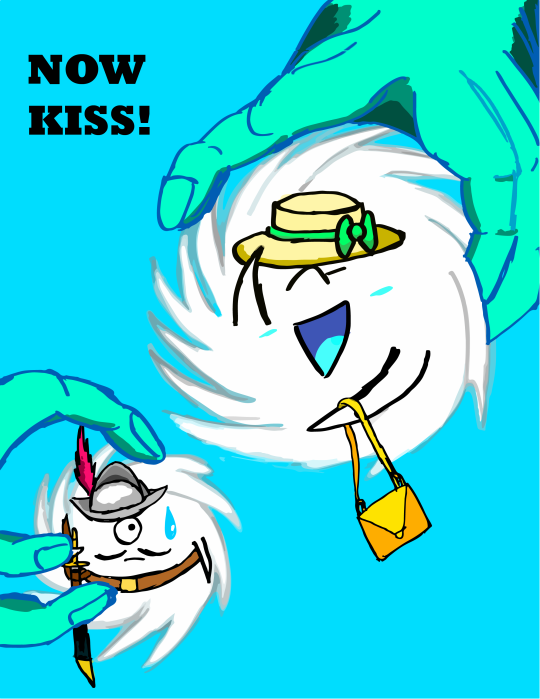
My high school creative writing teacher always got furious at the dissonance between my art and writing. But I couldn’t just leave it uncolored, you know?
Some notes on the drawing:
- The hands are green because they’re supposed to be the storm god Hurakan (the ones hurricanes are named after), and Hurakan was painted as having blue-green skin in Mayan murals.
-The ‘Now Kiss’ is referring to the Fujiwhara interaction, which some people thought would happen to Marco and Laura early on. The two storms would spiral around each other and possibly merge if this happened…which it didn’t.
-Marco is nervous because in the scenario where a weaker storm merges with a stronger one, it’s not so much a merger so much as the weaker storm gets ripped to shreds and swallowed up by the stronger storm. So…a Category One going up against a high end Category Four? Yeah Marco better be scared.

Sunset in Paradise

Sunset By the Bridge
The prime crew of the Apollo 9 space mission are seen inside an Apollo command module boilerplate during water egress training activity in the Gulf of Mexico. From foreground, are astronauts Jim McDivitt, commander; Dave Scott, command module pilot; and Rusty Schweickart, lunar module pilot.
Post link
Yes, that is a beating heart! Scientist Rachael Heuer examines fish heart cells in an effort to learn how oil from an oil spill impacts the heart’s functioning—and keeping the heart happy and pumping outside of the fish is just one step in figuring this out.
Turns out even a little bit of oil hinders heart functioning. Need more info? Read the full scoop at https://ocean.si.edu/fish-heart-out-water
Video courtesy of Rachel Heuer



Found a new crab I had not seen before! Stone crabs!
Currently in my state (Texas) you can only harvest the right claw of the stone crab and then you must return the crab back to the water. Just thought that was interesting!

Joel Embiid and Marcus Morris

Tyrese Maxey and Tyler Herro
passing one meme about ocean being on fire: sure yea i understand. This represents the impending global warming doom. Hahaha, we are all dying
passing another meme about ocean being on fire:
checks the news:




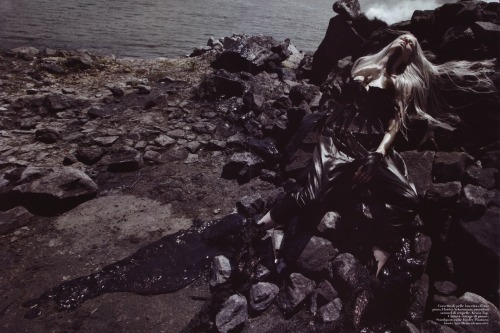

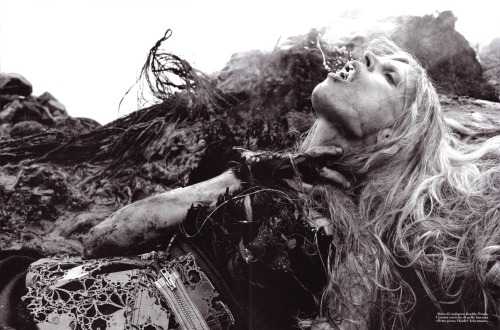



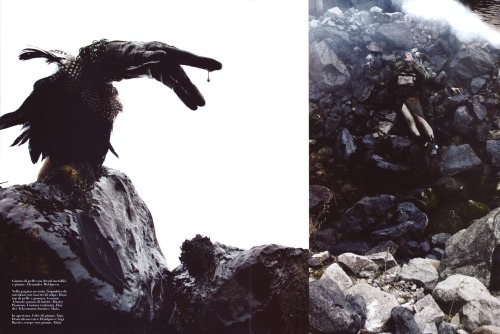
![[Atlanta, GA] Mile High. [Atlanta, GA] Mile High.](https://64.media.tumblr.com/8eb7638a3c14f2dc9c848cd37a43760b/tumblr_ovf7nspHa41r10mnco1_500.jpg)

